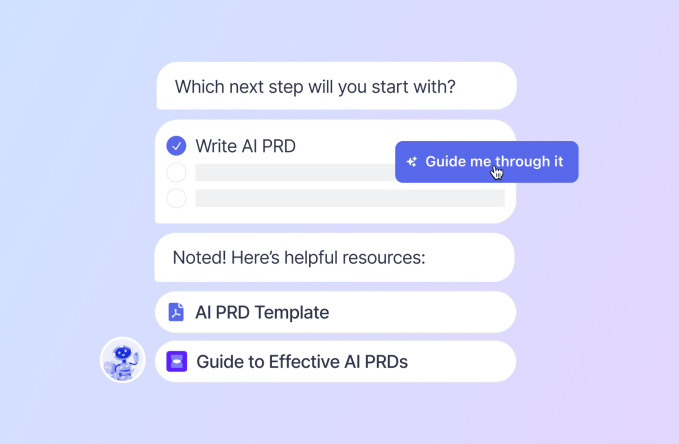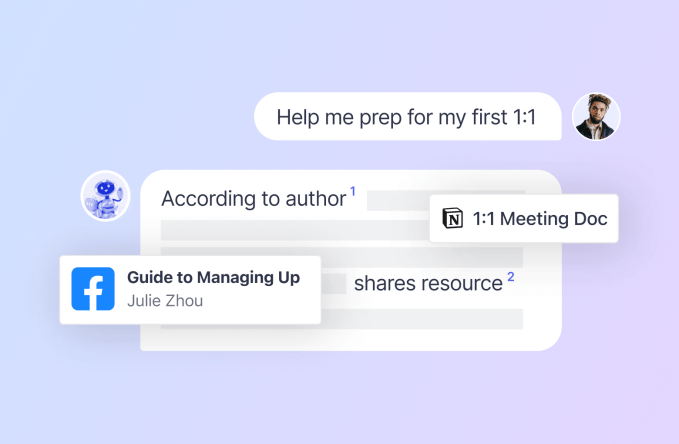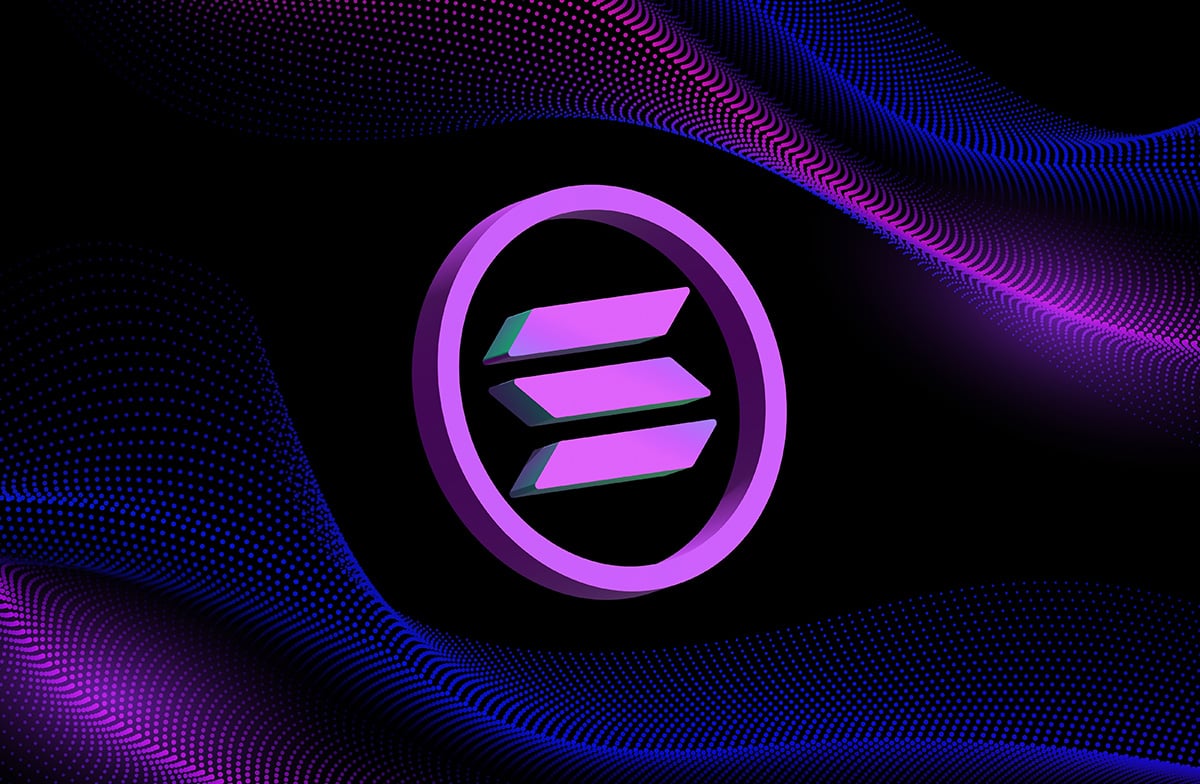ChatGPT for career growth? Practica introduces AI-based career coaching and mentorship | TechCrunch
Can an AI be your mentor? That’s what a startup called Practica believes. The company, which evolved out of a marketplace for one-on-one executive coaching, has now launched an AI system built on top of an existing knowledge base it developed over the years spent with a large group of human coaches. The resulting AI chatbot experience functions as a personalized workplace mentor and coach that can aid professionals in bettering their skills across a dozen different topics, including management, strategy, sales, personal development, growth, customer success, marketing, data, design, finance and more.
Originally co-founded in January 2020 by Dave Whittemore, former Thinkful head of Product (which exited to Chegg), and former Dropbox engineering manager Andy Scheff, Practica initially tackled the problem around continuous upskilling throughout your career with a traditional executive coaching marketplace.
“We both became executive coaches,” explains Whittemore. “Andy and I both plunged ourselves into it…I coached product managers and Andy coached engineers,” he says.
Later that year, the site grew by adding a marketplace for other executive coaches, and today it still offers 250 human coaches across domain-specific expertise. Indeed, 90% of that business is B2B — that is, selling Practica’s services to employers. That business is also now profitable on an operating basis.
However, the founders realized that pricing prevented people from being able to access its services.

Image Credits: Practica
“The average per-hour price was $200 an hour and the per-hour price varied based on the seniority level of the person being coached and the coach…If you got coached for the full year, the average person who does a full year of coaching spends about $3,000 a year,” Whittemore said. “That price is the barrier, and that’s what led us to AI coaching,” he adds.
The idea was to take what they had learned through personal one-on-one coaching and blend that together with AI technology. Over the years, they had learned what makes coaching relationships successful and that helped them understand what kind of constructs to build around and on top of an LLM. Their knowledge base consists of a large number of publicly available learning materials, ranging from blog posts to conference talks to videos to podcasts to books and more, which have been hand-picked and curated into hundreds of different skills across a variety of topics.

Image Credits: Practica
Of course, many websites today are now blocking AI web crawlers, as they don’t want to be aggregated into AI chatbot experiences. So we asked if there was a concern that some of these sites where the materials were found would do the same. But unlike ChatGPT or some other AI chatbots, Practica says it’s focused on pushing its users out to the sources where the content comes from, not just providing answers. This results in increased traffic for the publisher or content provider it indexes and references.
That said, the company has not yet made any formal licensing arrangements with its educational source providers — some of which could be as simple as a helpful blog post from an engineer, or someone writing about how they overcame challenges as a manager.
In addition, in terms of the AI models under the hood, the goal is to be vendor-agnostic and only focus on the application layer on top of that — which means Practica isn’t directly competing with companies like OpenAI or Google, but rather capable of working with them.
To coach its professional users, the company uses a technique called Retrieval Augmented Generation (RAG) to match the best learning resources for the situation a given learner is in, the team tells TechCrunch. The AI coach explains what’s in the sources it retrieved and why they’re helpful — just as a human coach would. It cites the sources and encourages the user to go and read them as “homework.”
Practica’s use of third-party content, then, is more of a curated search engine, rather than machine learning model training. But the AI is doing the coaching.
That part of the AI’s methodology mixes together a number of coaching tools, including instruction, questioning for context, finding present challenges in the learner’s job to use as learning materials, mapping learning progress to the learner’s career goals, and celebrating wins along the way. It finds the appropriate material, organizes the insights from those materials into a list that the user can interact with, and adds notes you can reference later.
Plus, unlike today’s generalized AI chatbots, Practica’s AI remembers the learner’s history so it can build on their skills as they continue to use the service.
“You can have generalized system instructions, but it’s not really memorizing what it needs to know about you from one session to the next,” says Whittemore, comparing Practica to general-purpose AI chatbots. “We try to be very intentional about that…we remember how you’ve been developing over time so that we can continue to coach really well — the same way a human coach would.”
The system has been in private testing since July of this year and is now opening up to individual learners for between $10 to $20 per month per user. (A “teams” version from employers is also in limited testing.)
At this price point, Practica hopes to make executive coaching more accessible.
“We’re optimistic that it’s actually going to expand executive coaching,” says Whittmore. “Our hope is that we get to get more people touching this at the AI coaching level, and learning about how effective executive coaching is and therefore upgrading to the premium product,” he says, referring to the company’s human coaching services.
Practica has raised $1.5 million in outside funding from across two rounds in 2021 and 2022, before it shifted into AI-based coaching. Both rounds were led by Script Capital and included over 40 individual angel investors, many of whom were leaders in the domains where the company focuses its coaching.


